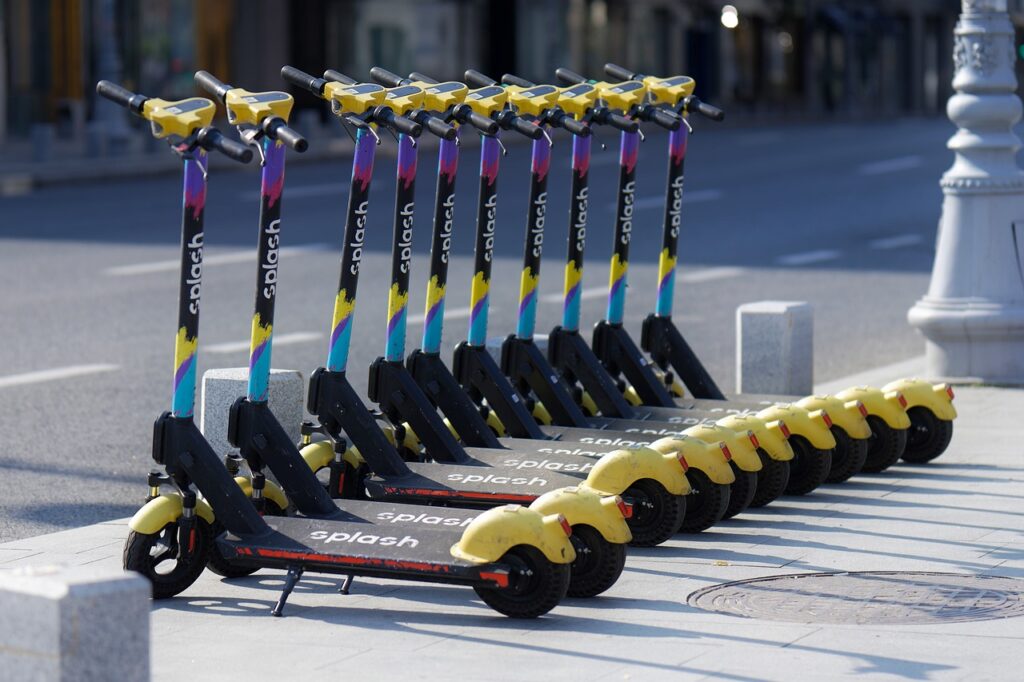Tallinn- Estonian authorities discuss parking and lower speed limits for e-scooters
Free-floating electric scooter sharing services have been the source of debate in many cities recently. Discussions often centre around excessive speeding and blockage of pedestrian movement, as in the case of the Estonian Capital Tallinn.
In the light of the upcoming e-scooter season, representatives of Estonian state and local authorities met with e-sooter rental providers to discuss road safety and parking. The idea is to give local authorities the option to set up own rules on speed limits, to regulate where to park and to impose these rules on e-scooter rental providers.
Tanel Kiik, Tallinn’s Deputy Mayor for transport, supports to empower municipalities in answer to road safety challenges: “When managing traffic, we must always seek a balance between speed and safety. The current legal speed limit for a personal light electric vehicle is 25 kilometres per hour, which is almost five times greater than the walking speed of an average pedestrian. At the same time, the number of electric scooter users and related accidents is clearly on the rise, according to police figures. As a result, we are proposing to lower the speed limit to 20 kilometres per hour, and even lower in the Old City and in more congested areas.”
His colleague, Deputy Mayor Vladimir Svet, responsible for urban environment and public works, stressed the need to stop parking e-scooters carelessly and blocking the path of pedestrians, especially for people with reduced mobility. Ideas to address e-scooter parking include a complete ban in streets with narrow sidewalks, and to restrict parking to dedicated locations only.
Link:
Tallinn- Estonian authorities discuss parking and lower speed limits for e-scooters Read More »

